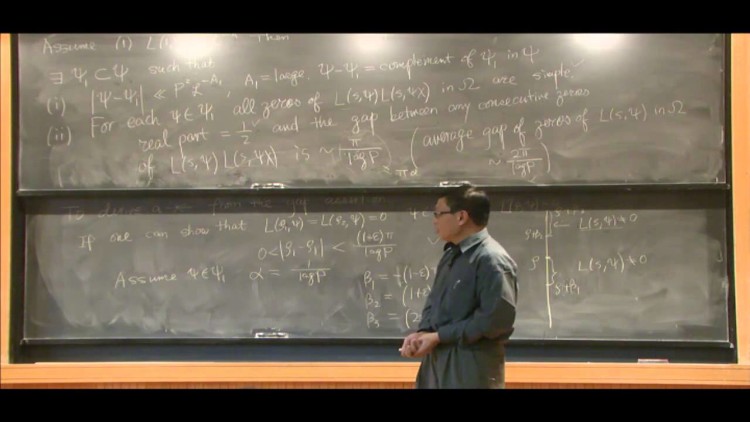 Aware of our failings or convinced that we have been cheated, we envy those who possess that which we do not, and we believe our lives would be less fragmented, more complete, perhaps more cheerful if only we had been favored with their wonderful talent, or if only we could own that marvelous item or were capable of this action that would render us born again. As adults, we rarely envy the insignificant or yearn for something paltry — not a stick of gum, a baseball cap, a lighter shade of hair. Instead we covet that which we trust will renew our lives — at the center of envy is a dissatisfaction with the present — who among us does not envy?
Aware of our failings or convinced that we have been cheated, we envy those who possess that which we do not, and we believe our lives would be less fragmented, more complete, perhaps more cheerful if only we had been favored with their wonderful talent, or if only we could own that marvelous item or were capable of this action that would render us born again. As adults, we rarely envy the insignificant or yearn for something paltry — not a stick of gum, a baseball cap, a lighter shade of hair. Instead we covet that which we trust will renew our lives — at the center of envy is a dissatisfaction with the present — who among us does not envy?
Envy is theatrical. It cannot be separated from the scenes we cook up of transformed lives — we imagine ourselves more fulfilled, needed, recognized, admired, heroic. We arrive to save the day, the child, the nation. Envy inevitably encompasses fantasy. We yearn for alternate lives.
Sometimes, when these desires move into actions, into a plan to make them real, we become capable of terrible deeds.
Our envies shift with age, circumstance, need. Their focus is as erratic in temperament and as changeable in form as water. Long ago I envied the skills of high school athletes, and then the confidence of worldly men with women, and finally the natural fearlessness of tough guys — who among us does not possess a craving born in movies?
Now, I want to know more. I want the charged sense of life that comes with a breakthrough. A modest professor at The University of New Hampshire has shown me the precise form of this longing.
Dr. Yitang Zhang has unlocked a proof involving prime numbers (numbers divisible only by themselves and 1 such as 2, 3, 5, 7, 11, 13, etc.) which I cannot explain. I have to take another’s word for its importance: Dr. Eric Grinberg: “You have to imagine this coming from nothing. We simply didn’t know. It is like thinking the universe is infinite, unbounded, and finding it has an end somewhere (27).”* Working in pure mathematics, Dr. Zhang discovered another territory where no one before him had been able to venture.
Dr. Zhang
He had worked on this particular problem for years, steadily, methodically, but his breakthrough came in the the backyard of a friend’s home in Colorado where he stood smoking cigarettes and watching for deer. Suddenly, “I see numbers, equations, and something even — it’s hard to say what it is, something very special. Maybe numbers, maybe equations — a mystery, maybe a vision. I knew that, even though there were many details to fill in, we should have a proof (24).”*
I envy in Dr. Zhang the purity of that moment, its power, and its resolution of confusion and complexity into clean, severe lines. I envy his mind that possesses a talent for years of concentration and an openness to visions. I envy his creation of clarity.
Except for the briefest moment, mathematics has been a realm of thinking from which I have been shut out, a foreign country whose border I could only see through miles of haze.
Sister Deborah Ann once helped me cross that border. For one full week in geometry class, maybe longer, I could see how the numbers and angles worked, how they made something wonderful, and I could ‘feel’ a new type of recognition being constructed inside my perceptions. After all these years I remember so vividly the sudden exaltation I felt, as if I had stepped off the edge of a high building and risen into the air.
It did not last. Everything fell down. The numbers again became unbreakable code, but for that one week I stood breathing easily in that other country.
Dr. Zhang is fifty-nine. Most mathematicians do their best work in their twenties. His age too gives me hope. While there is breath more can be learned. More can be attempted. I can only cheer on someone who says, “Still I think I have intuition. Still I am confident of myself. Still I have some other visions (28).”*
*Wilkinson, Alec. “The Pursuit Of Beauty: Yitang Zhang solves a pure math mystery.” The New Yorker February 2, 2015: Pages 22-28. Magazine.

I recognize that feeling of sudden exultation! I had it when learning to play the piano! And exactly as you describe, “Everything fell down.”
There is still hope for me… I am only 60! Thanks, Mike.